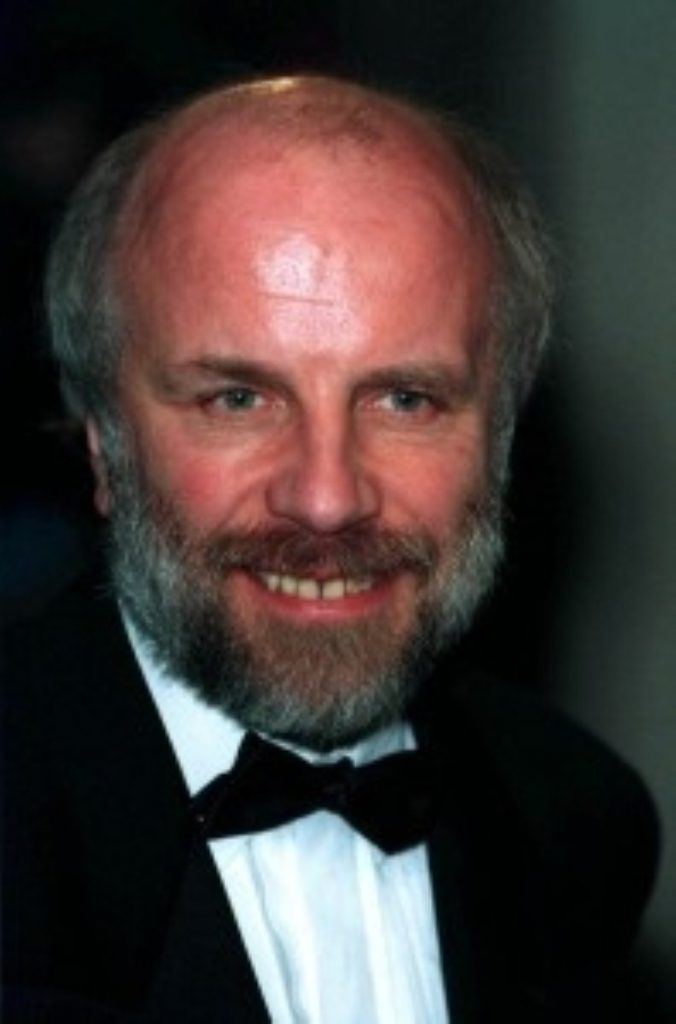Dyke defends stance on ‘sexed up’ dossier reports
BBC director general Greg Dyke appeared before the Hutton Inquiry investigating the death of Ministry of Defence weapons expert Dr David Kelly on Monday.
Mr Dyke told the inquiry panel, “My role is to ensure that the BBC maintains its independence from Government and other vested interests.
“In times of war, Governments put pressure on the BBC to publicise the line they wish the public to understand.
“This has happened ever since Suez.”


Mr Dyke claimed that the BBC had received criticism “from both sides throughout” the war in Iraq.
He also revealed that a committee of senior corporation figures had met every day during the war to discuss the station’s output.
The BBC head admitted that on the day of Andrew Gilligan’s controversial broadcast, Mr Dyke said he had been away on holiday.
Mr Gilligan claimed in a report on the Today programme that a ‘source’ within the Ministry of Defence had told him the September dossier on Iraqi weapons had been ‘sexed up’ to provide a stronger case for war on Iraq.
Dr David Kelly apparently committed suicide after being named as Mr Gilligan’s source for the report.
Mr Dyke claimed that an attack on the BBC by Alastair Campbell during evidence to a Commons committee was “pretty near unprecedented”.
“He had launched a broadside against the whole of BBC journalism and by this time it seemed to me an external attack, and we had to take some action,” said the director general.
He also explained that it had appeared to him and BBC director of news Richard Sambrook that Mr Campbell’s attack had been an attempt to divert attention from his role in the ‘dodgy dossier’ on Iraqi arms, released in February.
However, Mr Dyke admitted that he wished he had chosen to refer issues raised in an open letter from Mr Campbell to Mr Sambrook to the official BBC complaints procedure rather than opting to reply to it directly.
He admitted that the claim the government had inserted information into the September dossier knowing it to be false was “pretty serious”, but argued that there was “a distinction between a charge made by the BBC and a charge made by a source to the BBC. They carry a different degree of gravity.”











